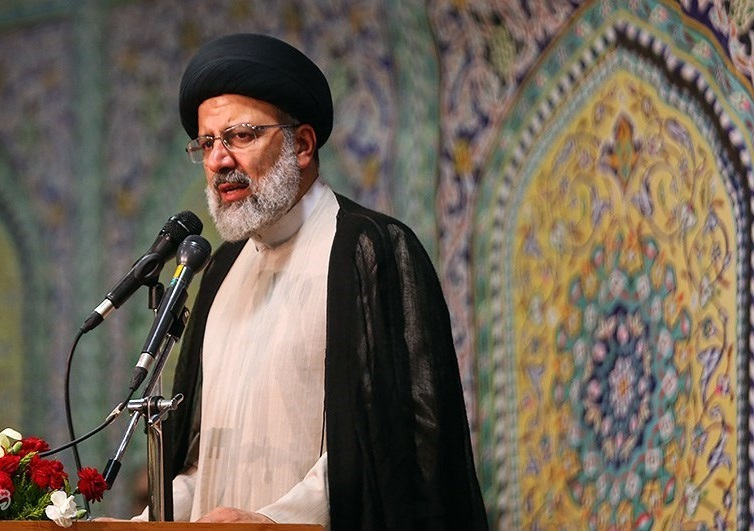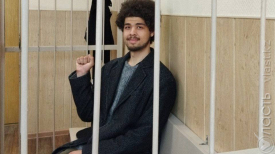Iran’s President Ebrahim Raisi died in a helicopter crash, sparking questions regarding who would replace him as the enforcer of the conservative program of the Islamic Republic’s supreme leader, Ayatollah Ali Khamenei.
What happened? The helicopter that was carrying Raisi and foreign minister Hossein Amirabdollahian, as well as other senior officials, crashed in a remote and mountainous region in Iran’s East Azerbaijan province (which borders Azerbaijan) on Sunday evening. Search and rescue operations reached the site of the crash several hours later and pronounced the president dead.
In his address to the people, Khamenei declared five days of national mourning.
Who was Ebrahim Raisi? Raisi, 63, was elected president in 2021, succeeding Hassan Rouhani, who had served two consecutive terms, the maximum allowed by the Constitution.
While Rouhani had moved significantly his policies towards a reformist agenda, the victory of Raisi in 2021 had signaled a decisive shift towards more conservative priorities.
“Khamenei, it seemed, was getting his house in order,” wrote Andrew England, the FT Middle East editor.
During his presidency, Raisi orchestrated the tightening of so-called “morality laws”, violent crackdowns on anti-government protests and Iran’s first direct attack on Israel.
Raisi’s hardline conservative stance made him a likely successor to Khamenei, 85. Iran’s stark response to Israel’s war in Gaza was a sign of increased tension, amid a cautious rapprochement with the US.
Last year, the US and Iranian government agreed to swap five prisoners each and to unfreeze around $6 billion assets that Iran held in South Korea and transfer them to banks in Qatar.
What will happen now? According to the Constitution, Khamenei appointed first vice-president Mohammad Mokhber as acting president. The country will hold presidential elections within the next 50 days, as dictated by the law.
Representatives of the reformist camp, chiefly Rouhani, were excluded from this year’s election of the Assembly of Experts, the body in charge of appointing the Supreme Leader in case of death. The conservatives-run Assembly of Experts will serve its mandate until 2032 and would be decisive in shaping the future of Iran, should Khamenei die within this eight-year timeframe.
While it marks a dramatic event amidst ongoing regional conflicts, the death of Raisi is unlikely to change Iran’s foreign policies, particularly in regard to the war in Gaza. Foreign policy decision-making remains firmly under Khamenei’s control.
The power transition is now unclear, experts said.
“There are different camps within this conservative group, including individuals who are more hardline and others regarded as more pragmatic,” Hamidreza Azizi, a visiting fellow at SWP, a Berlin-based think tank, told the BBC.
Additional reporting by Amina Aktailakova.
Поддержите журналистику, которой доверяют.








